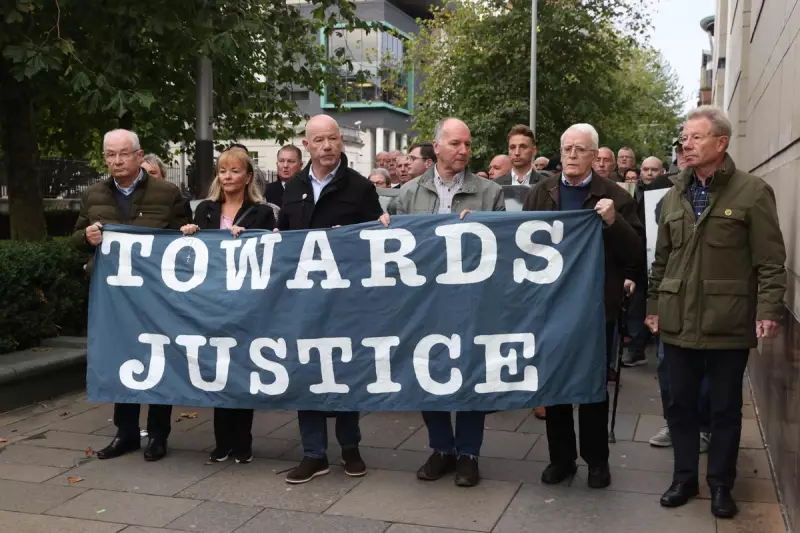
The Ministry of Defence is confronting renewed scrutiny over the actions of the Parachute Regiment during The Troubles, as authorities open a fresh investigation into a fatal shooting that occurred more than five decades ago.
This development centres on the death of 18-year-old Patrick McVeigh, who was shot by a British soldier in the Ballymurphy area of west Belfast on May 13, 1972. The incident occurred just two days after the controversial deployment of the Parachute Regiment to Northern Ireland.
Historical Context and Ongoing Reckoning
The timing of this shooting is particularly significant, occurring merely months after the Bloody Sunday tragedy in Londonderry, where members of the same regiment shot dead 13 civil rights protesters. These events collectively represent one of the most contentious chapters in Britain's military history.
According to historical accounts, Mr McVeigh was among a group standing near a petrol station when soldiers opened fire. The official military version claimed they were targeting a gunman, but subsequent evidence has raised serious questions about this narrative.
New Evidence Emerges Decades Later
The decision to reopen the case follows the emergence of potentially crucial evidence, including photographs that appear to contradict the soldiers' original accounts. These images suggest the scene was considerably different from how it was described in official reports.
This investigation forms part of a broader re-examination of numerous deaths during The Troubles, with particular focus on incidents involving the Parachute Regiment. The regiment's conduct during this period continues to generate controversy and demands for accountability.
Families Continue Quest for Answers
For families like the McVeighs, this new investigation represents another chapter in their long fight for truth and justice. Patrick McVeigh's daughter described the development as "a huge step forward" in understanding what truly happened to her father.
The case highlights the ongoing challenges of addressing historical conflicts in Northern Ireland, where many families still seek closure for incidents that occurred during three decades of violence.
As this investigation proceeds, it raises broader questions about military accountability and the complex process of reconciliation in post-conflict societies.





